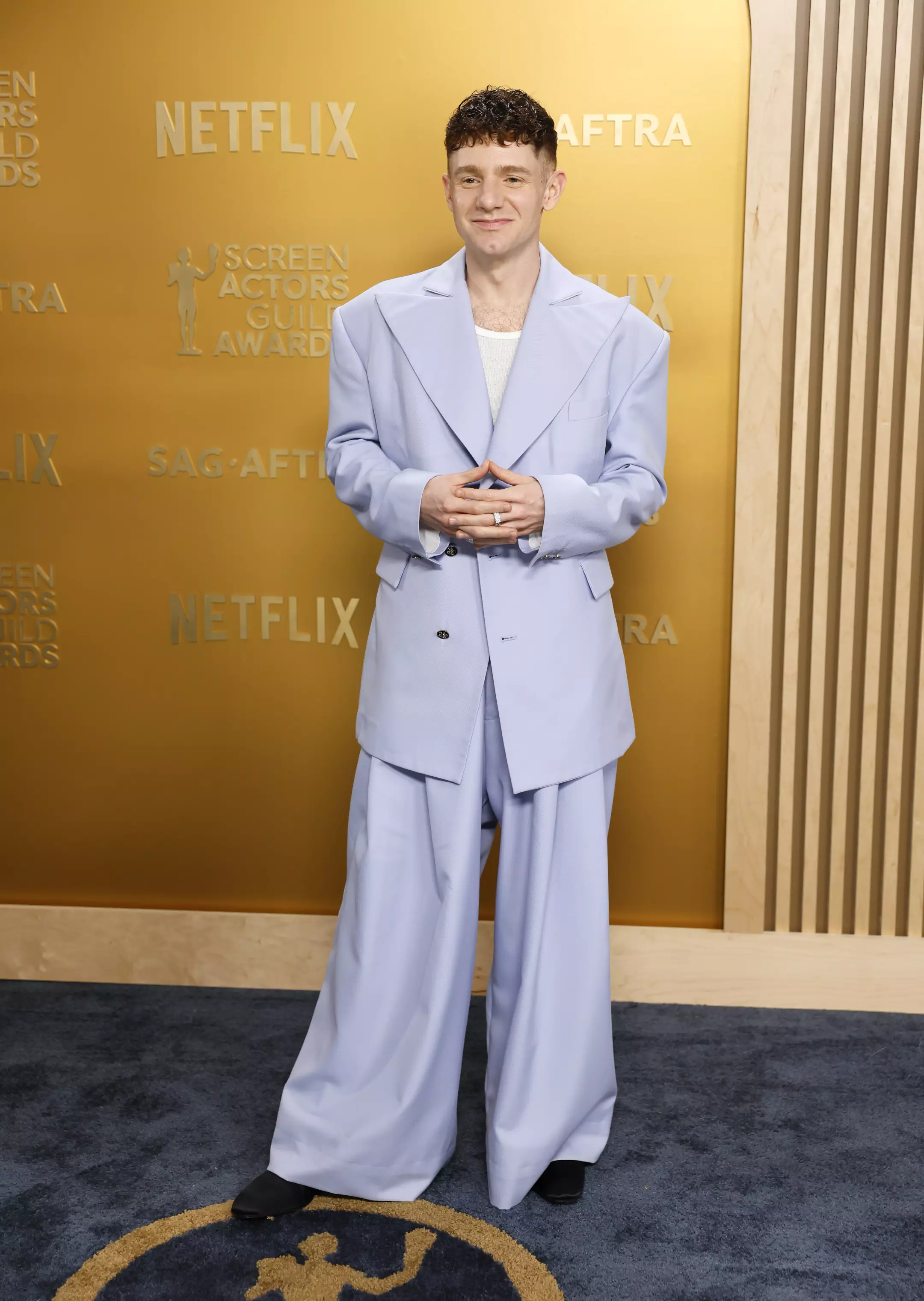The impact of The Apprentice
Benton: Let me circle back a bit. You said that the biggest impact you found in your research was in attitude change, as opposed to voting behavior change. But I also know you had that paper about The Apprentice that found people watching the show had a meaningful impact on Trump’s success in the 2016 Republican primary. What was different there?
[From the paper’s abstract: “Using an array of data — content analysis, surveys, Twitter data, open-ended answers — we investigate how this TV program helped Trump brand himself as a competent leader and foster viewers’ trust in him. Exploiting the geographic variation in NBC channel inertia, we find that exposure to The Apprentice increased Donald Trump’s electoral performance in the 2016 Republican primary.”]
Kim: That paper was tricky, because there was not one ideal data source that I could rely on. It was a mix of a bunch of different data sources collected in one place to figure out whether there was a compelling story there — polls, transcripts data, Twitter data. I was looking at people back in 2004, when The Apprentice first aired and was very popular. At the time, we didn’t have that many TV choices. A lot of people used to stay on one channel — meaning that if you watched Seinfeld, you watched whatever NBC show came on after Seinfeld. I was looking at the ratings for the very popular TV shows that aired right before The Apprentice — Joey and Will & Grace, depending on the season. I was looking at the proportion of people who watched the 8 p.m. show and then stayed to watch the 9 p.m. show. I was basically quantifying the effects of people who were not selecting to watch The Apprentice, but who happened to watch The Apprentice because they were watching the show before it.
One thing that I found really, really convincing about the analysis, that made me more confident about the result, is that I didn’t find any similar effects for any other Republican primary candidates in any other elections. And I didn’t find the same effects in the general election, where party ID was the big factor, along with whether you hate Trump or Hillary. The fact that I didn’t see effects in the general made me more confident that the effects in the primary were real. You’ve got 10-plus candidates up on a debate stage, you don’t know who these people are, and name recognition matters a lot in a primary.
Who’s most vulnerable to propaganda?
Benton: Finally, I wanted to ask you about a paper of yours that hasn’t been published yet, on Chinese and American propaganda in Africa. I was really struck by the finding: that “propaganda’s effects are especially large for those who would ordinarily not choose to watch it.”
Kim: So the interesting context for that paper is that, in political science and other fields, we have tons of papers built around doing experiments — meaning we randomly assign some people to a condition, other people to nothing, and we try to measure if the condition had an impact on whatever we’re studying. Like, we randomly tell people to deactivate Facebook for a month, or watch Fox News for a month, or whatever.
And one of the biggest problems in that approach — and I say this as a person who runs experiments, too — is that, in the real world, no one watches TV because researchers tell them to. That’s not real life. Many of the papers we see in our field on, say, the effects of watching local news or Fox News or whatever are based on these experimental methods. And that experimental method of forced exposure is the direct opposite of the actual media environment right now, which is defined by choice. We choose what to watch, what to read. But the primary method we use in social science is to not give people any choice.
The paper you’re talking about is an attempt to try out a different methodology that we think might reflect the real world better — to both force them to watch and to give people the choice to watch, and then compare the effects.
[The paper in question asked people in five African nations — Botswana, Cameroon, Nigeria, Uganda, and Zambia — to watch some mix of Chinese-produced videos about the wonders of China’s economic system, American-produced videos about the wonders of the U.S. system, and nature videos, which served as the control. Some had no say in which videos they got to watch; some were allowed to say whether they wanted to see the China, U.S., or nature videos. The results? “Propaganda’s effects are especially large for those who would ordinarily not choose to watch it” — meaning the people who didn’t want to watch pro-China or pro-U.S. videos were more influenced by those videos than those who did.]
Our finding was the effects were much more pronounced on the people who were not likely to choose the content if we give them a choice. That raises a whole lot of questions, and I think it merits a little bit more skepticism in how should we think about many of those papers using experiments. In real life, if no one’s watching it or being exposed, whatever we’re estimating is just a counterfactual.
Benton: That’s interesting. A metaphor might be that seeing Fox News could have a bigger impact on someone who sees it on in a public space — like at a sports bar or at the airport — than on people who choose to seek Fox News out.
Kim: Yeah. For instance, I’m not a fan of broccoli. If someone forced me to eat broccoli, I’m sure it would have a big effect on me, because I never eat broccoli. I’m not used to it, so the new stimuli would impact me more. But in real life, I’d never choose broccoli.
7/7
https://www.niemanlab.org/2025/04/the-u ... nequality/








